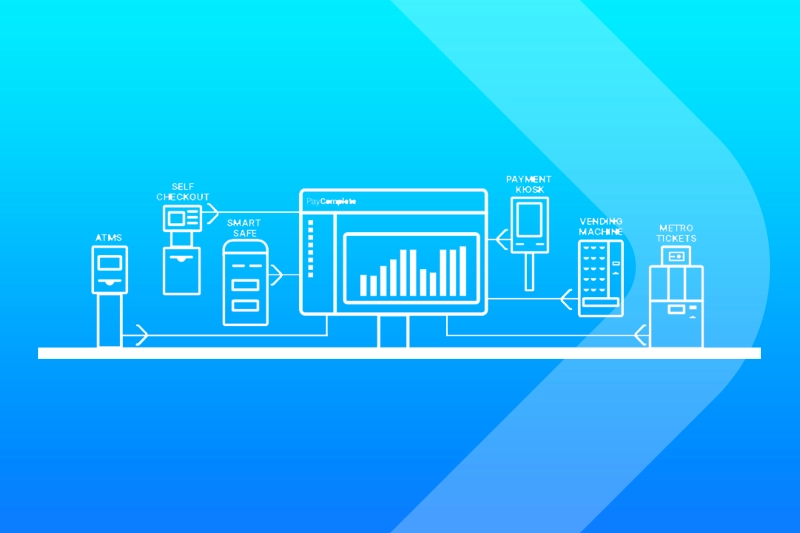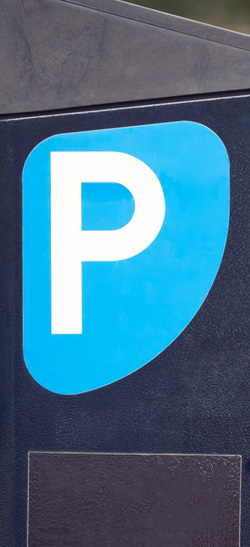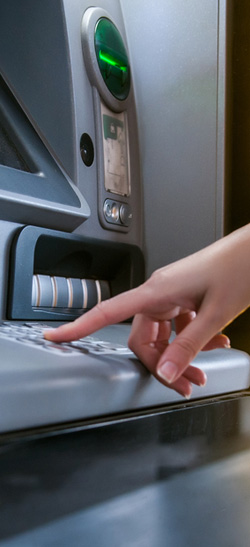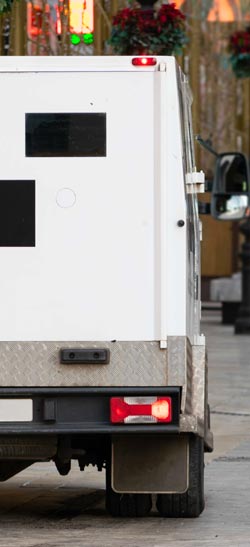In theory, yes – it is legal to buy a house with physical cash in the UK.
However, in practice, this method is far from simple. While the idea of handing over a suitcase of banknotes might sound relatively straightforward, the reality involves numerous legal, logistical, and practical hurdles.
From strict anti-money laundering regulations and laws to the reluctance of solicitors and estate agents to accept such payments from cash buyers, buying a house or property with hard currency is anything but easy.
In this article, we’ll explore what it would entail to purchase a house with cash, why this practice for mortgage buyers is so rare, and the challenges you would face at every step of the home-buying process from here.
Cash Buyer vs Buying with Physical Cash
Being a cash buyer does not mean showing up with stacks of physical money. It is the complete opposite!
Cash Buyers
The term cash buyer or cash sales is frequently misunderstood in the property market. Unlike mortgage buyer, it refers to someone who can buy a house outright without relying on a mortgage or loan. Cash buyers are highly attractive in the property market as they simplify the property chain, avoid mortgage affordability checks, pay interest less, and can often secure a lower price.
A cash buyer typically completes the transaction via an electronic bank account or transfers, which is secure and verifiable.
What is a Mortgage Buyer?
A mortgage buyer is an individual or entity that secures financing from a mortgage lender to purchase property. In exchange, the mortgage buyer commits to making monthly mortgage payments over a designated period, often at a fixed or variable interest rate.
This arrangement means the buyer can acquire the property without paying the full amount upfront, while the lender earns interest as the loan is repaid.
Buying with Physical Cash
On the other hand, buying with physical cash involves using physical banknotes, quite literally handing over a sum of enough money to pay for the property.
While this is theoretically possible, it introduces a host of legal and practical challenges that make it virtually unheard of in the modern used property sales market.
The difference is significant because property professionals like seller’s estate agents and solicitors are equipped to handle electronic transfers efficiently. Physical cash, however, raises immediate concerns about legitimacy and compliance with financial regulations.
Therefore, while cash buying is common, and even desirable, in the housing market – because property cash buyers avoid monthly mortgage payments, delays and interest payments – buyers looking to use literal cash may encounter heightened resistance and scrutiny from mortgage lenders.
Legal & Regulatory Hurdles
One of the primary barriers to buying a house with cash is navigating the legal and regulatory framework designed to prevent financial crime.
In the UK, anti-money laundering (AML) laws are strictly enforced by HM Revenue and Customs (HMRC) and the Financial Conduct Authority (FCA). These money laundering rules and regulations require that the origins of any funds used in property transactions are thoroughly verified to ensure they are legitimate.
Source of Funds Verification
Any buyer, whether using a bank transfer or cash, is legally required to conduct source of funds verification. Similarly, whether you’re buying a new property or an existing used property outright, you must prove where the money came from.
Solicitors are legally obligated to request documentation showing where the money came from.
This includes:
- Evidence of legitimate income (e.g., pay slips, tax returns).
- Sale of assets (e.g., a car or another property).
- Inheritance or gifted funds.
While this process is straightforward for electronic transactions, material cash raises significant complications. Proving the origins of large sums of cash is difficult, particularly when dealing with amounts equivalent to the average UK house price of £286,000 (Source: ONS).
Without clear and verifiable documentation, the transaction cannot legally proceed.
Suspicious Activity Reporting
Even if you can explain the source of your cash, large transactions are highly unusual and will naturally attract suspicion.
Solicitors and estate agents are legally required to file a Suspicious Activity Report (SAR) with the National Crime Agency (NCA) if they detect any unusual behaviour.
A transaction involving actual cash, no matter how legitimate, will likely be flagged as suspicious due to its rarity and the increased risk of financial crime.
This can delay the process or even halt it altogether if authorities decide further investigation is required.
Practical Challenges of Using Physical Cash
Aside from the legal issues, buying a house with actual cash presents numerous practical challenges that make it an impractical choice for most people.
Storage & Transportation Risks
Transporting large sums of cash is not only inconvenient but highly risky.
For example, if you buy a house for £250,000 in cash, you’re dealing with around 312 kilograms of £50 notes. Moving this much money securely requires specialised transport services, which is both risky and expensive.
So, with the average UK property purchase price approaching £300,000, carrying this amount of money securely would require significant planning and resources.
Storing such large sums safely is equally problematic, as it exposes you to theft and other security risks.
Unlike bank transfers, which are fast and secure, dealing with cash means you must personally handle the logistics of moving and storing large quantities of banknotes.
Bank & Solicitor Reluctance
Even if you manage to transport the cash safely, you’ll face reluctance from banks to accept it.
Most professionals in the property industry are simply not equipped to handle large cash payments and will prefer electronic transfers for security and compliance reasons.
Banks, in particular, will be wary of accepting cash deposits without a clear and documented source.
Solicitors, meanwhile, may refuse to proceed with the purchase of buying a house unless the money has already been verified through a bank statement. This reluctance adds another layer of difficulty to an already complex process of buying a house.
Property Registration & Documentation
To legally complete a property purchase in the UK, the transaction must be recorded with the HM Land Registry, which is responsible for maintaining property ownership records.
This step ensures that the buyer is officially recognised as the legal owner of the property. However, the process involves strict checks, particularly around proof of funds and anti-money laundering (AML) compliance.
If you attempt to undertake a cash sale without clear documentation demonstrating the legitimate origins of the money, you are likely to encounter significant hurdles.
Solicitors and conveyancers who oversee the legal transfer of property are required by law to conduct rigorous ‘Source of Funds’ checks. Without this verification, they cannot proceed with the transaction, and the Land Registry will not finalise the ownership transfer.
What Could Happen?
There are three key things to consider before choosing to buy a house with cash from delays to potential loss of your deposit.
Delays in Registration
If there are any doubts or missing documentation about the cash’s origins, the Land Registry can delay the registration process until sufficient evidence is provided.
Transaction Blocked
In cases where the source of funds cannot be verified at all, the transaction may be reported as suspicious activity and blocked entirely. This could result in further investigation by law enforcement and financial regulators.
Loss of Deposit or Property
If issues arise late in the process, you could lose out on the property or even forfeit a deposit already paid, depending on the terms of your purchase agreement.
The property registration process aims to make property surveys, ensure transparency in property searches and prevent illicit funds from entering the housing market.
What Happens if I Try to Buy a Property with Cash & Can’t Prove the Source?
If you attempt to buy a house with cash but cannot prove the source of the money, the transaction will not go through.
Solicitors and estate agents are legally obligated to refuse the payment and report the situation to the authorities. Even if the cash offer is entirely legitimate, failing to provide proper documentation could raise suspicion, leading to investigations or legal consequences.
This strict approach is necessary to combat money laundering and financial crime but makes it virtually impossible to complete a mortgage application process or property purchase without proper verification.
Is Buying a Property with Physical Cash Faster Than a Bank Transfer?
Contrary to what you might expect, buying a house with cash is not faster than using a bank transfer.
Modern bank transfers, such as CHAPS payments, allow large sums to be transferred securely within hours. By contrast, dealing with cash introduces delays at every stage, from verifying the money’s source to navigating solicitor and bank reluctance.
The additional security checks and logistical challenges make cash a far slower and less efficient option.
Conclusion
Whilst it is possible to buy a house with physical cash in the UK, the barriers to overcome are complex. Physical cash might not be the best way to purchase your first or next house, but it is still a popular payment method for many businesses in many different industries. This is where a company like PayComplete comes in.
What is CashTech?
The challenges associated with physical cash have given rise to innovations in CashTech, a technology-driven approach to managing cash transactions efficiently and securely.
CashTech solutions, like those offered by PayComplete, allow businesses to manage cash payments with the same ease and transparency as digital transactions.
For businesses that still handle significant amounts of cash, CashTech provides tools such as automated cash management software and smart cash recyclers. These technologies streamline processes, improve security, and ensure compliance with regulations. By bridging the gap between cash and digital systems, CashTech makes it possible to manage cash effectively in a digital-first economy.
If your business relies on cash payments, PayComplete’s cash management hardware software ensures that cash is as easy to track and manage as digital payments, reducing risks and simplifying compliance. Learn more today.

Related Posts








